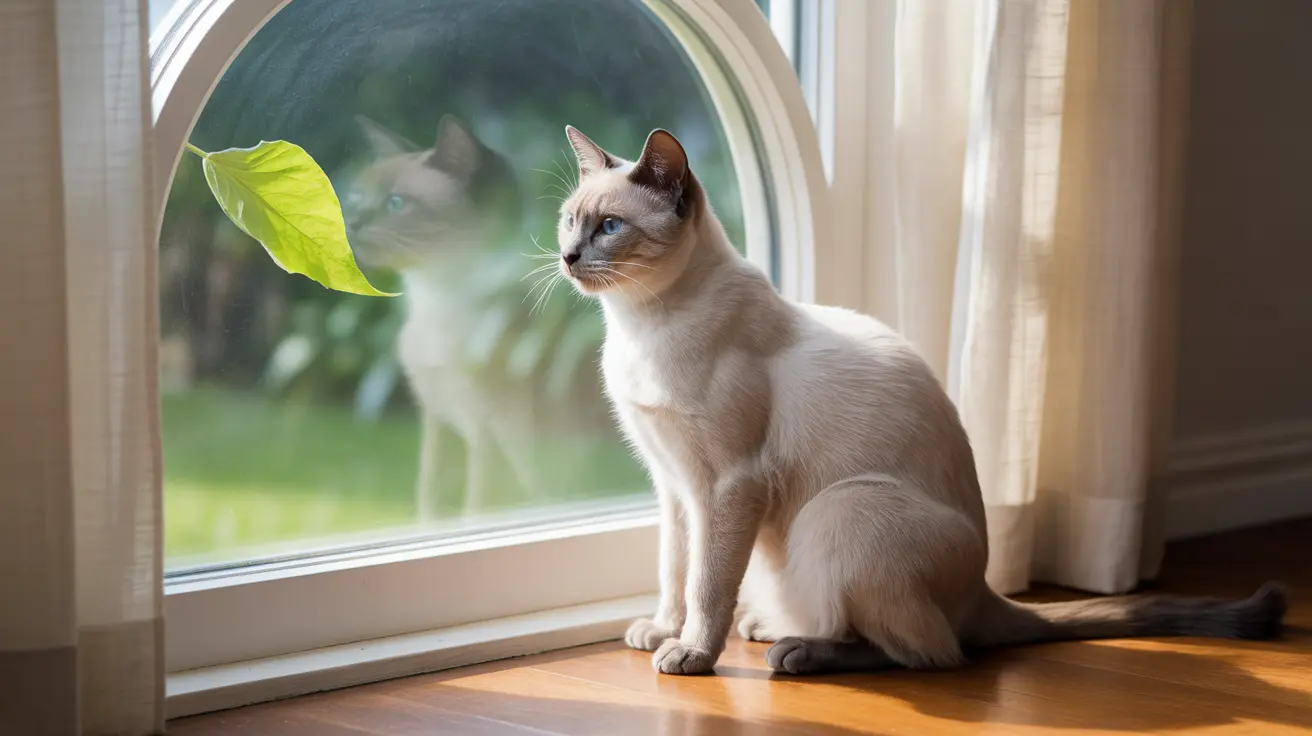When your cat not eating becomes a concern, it's crucial to understand the potential causes and solutions. A loss of appetite in cats can signal various health issues or environmental changes that require attention. As a pet owner, knowing why your cat won't eat and when to seek help can make a significant difference in their well-being.
Common Reasons Why Your Cat Won't Eat
Medical Conditions That Affect Appetite
Several health issues can cause your cat to stop eating. Dental problems, such as inflamed gums or tooth abscesses, make eating painful. Gastrointestinal issues, including parasites or inflammatory bowel disease, often lead to decreased appetite. Additionally, respiratory infections can block your cat's sense of smell, making food less appealing.
Kidney disease, particularly common in older cats, frequently causes appetite loss. Other serious conditions like pancreatitis or heart disease may also result in your cat not eating normally. If you notice a sudden change in eating habits, consulting a veterinarian is essential for proper diagnosis.
Environmental and Psychological Factors
Sometimes, a cat won't eat due to environmental stressors or psychological factors. Changes in routine, moving to a new home, or introducing new pets can cause anxiety that affects eating habits. Even seemingly minor changes, like switching food brands or moving feeding locations, can impact your cat's appetite.
Pay attention to the feeding environment. Ensure food bowls are clean and placed away from litter boxes. Some cats prefer quiet, private spaces for eating, away from other pets or household activity.
Steps to Take When Your Cat's Not Eating
Immediate Actions
If your cat refuses food, first check their food's freshness and temperature. Some cats prefer room-temperature meals over cold food straight from the refrigerator. Try warming wet food slightly or adding low-sodium chicken broth to increase appeal.
Monitor your cat's water intake and behavior. While examining their food habits, look for other symptoms like lethargy, vomiting, or changes in bathroom habits that might indicate underlying health issues.
When to Seek Professional Help
If your cat won't eat for more than 24 hours, contact your veterinarian. Cats can develop serious complications from prolonged fasting, including hepatic lipidosis (fatty liver disease). Early intervention often leads to better outcomes and can prevent more severe health problems.
Frequently Asked Questions
Why is my cat not eating but acting normal otherwise?
Even if your cat appears normal, appetite loss could indicate underlying issues. Common causes include mild stomach upset, stress, or recent environmental changes. Monitor them closely and consult a vet if the behavior persists beyond 24 hours.
When should I worry about my cat not eating?
Contact your veterinarian if your cat hasn't eaten for 24 hours or shows additional symptoms like lethargy, vomiting, or diarrhea. Immediate attention is necessary for cats with pre-existing conditions or those showing signs of illness.
How long can a cat go without eating before it becomes dangerous?
Cats should not go without food for more than 24-48 hours. Extended periods without eating can lead to serious health complications, including hepatic lipidosis, which can be life-threatening.
What home remedies can I try if my cat won't eat?
Try warming their food, offering strong-smelling options like tuna or wet food, and ensuring a stress-free eating environment. However, these should only be temporary solutions while determining the underlying cause.
Could stress or anxiety cause my cat to refuse food?
Yes, stress and anxiety commonly cause appetite loss in cats. Major changes in routine, new pets, moving, or other environmental factors can trigger stress-related appetite suppression. Creating a calm environment and maintaining consistent routines can help reduce stress-related eating issues.






